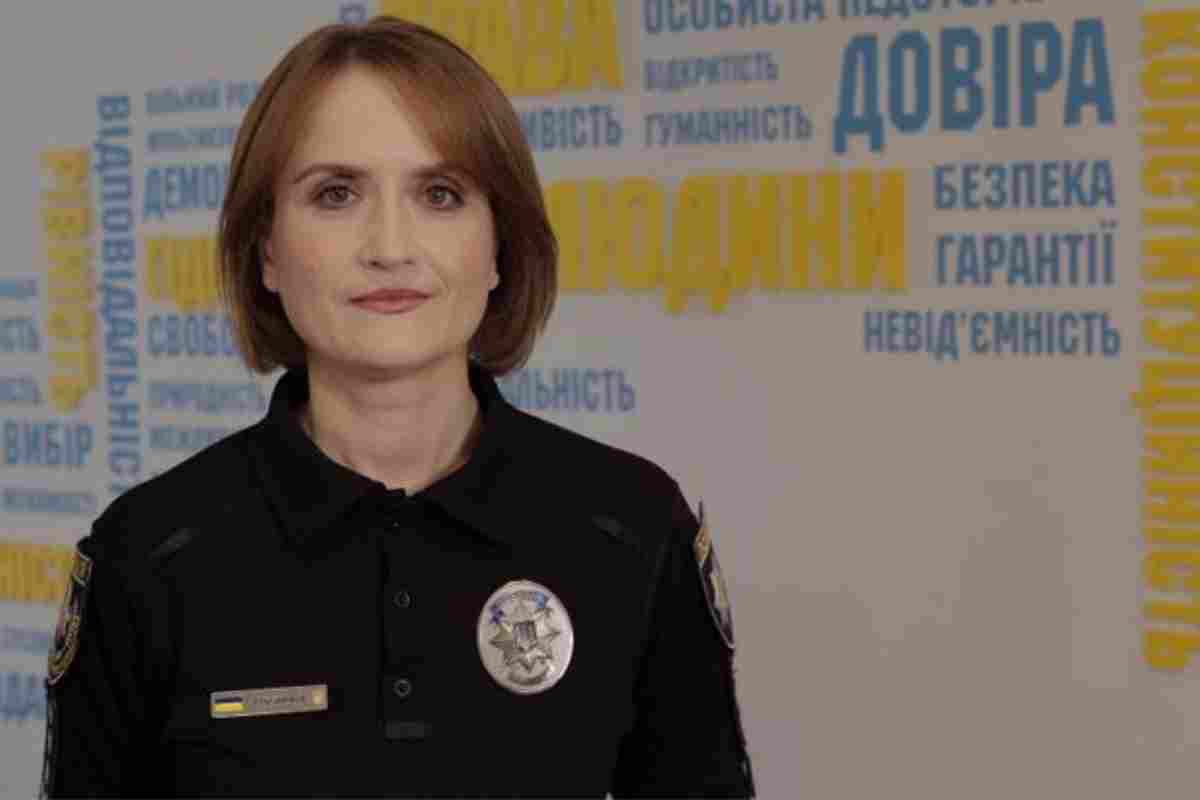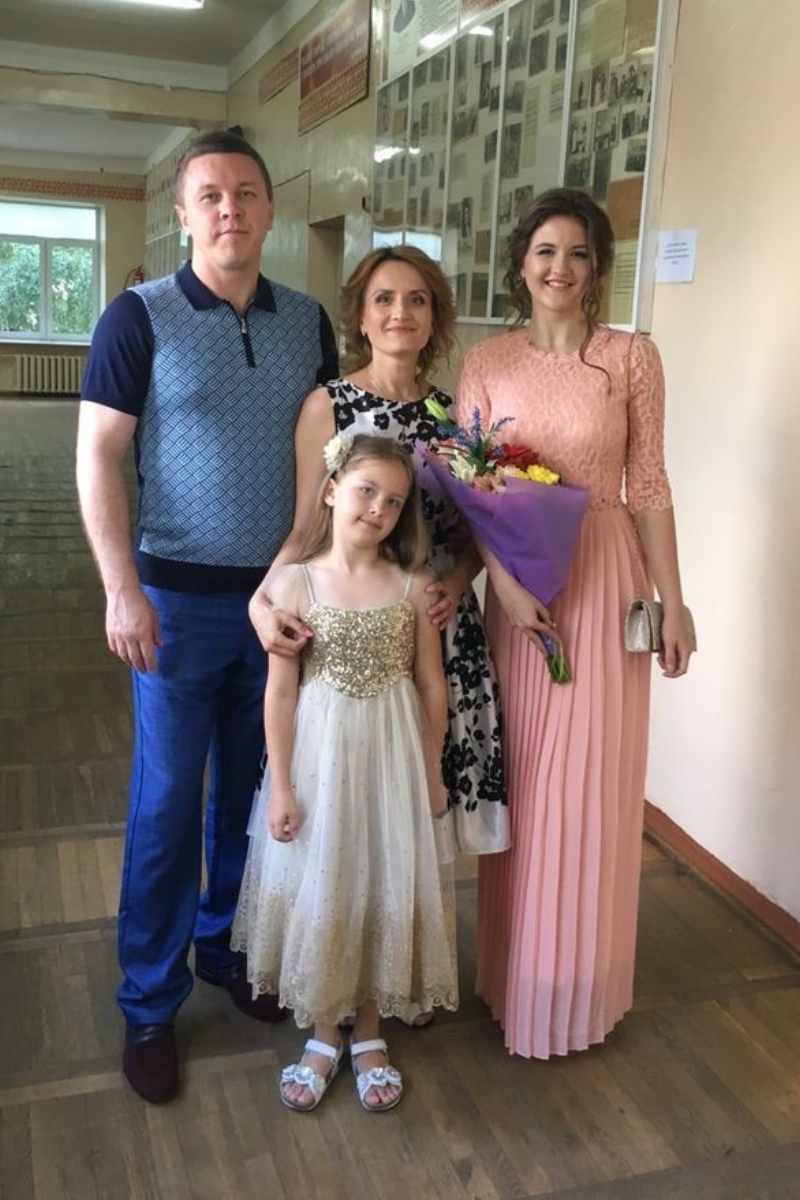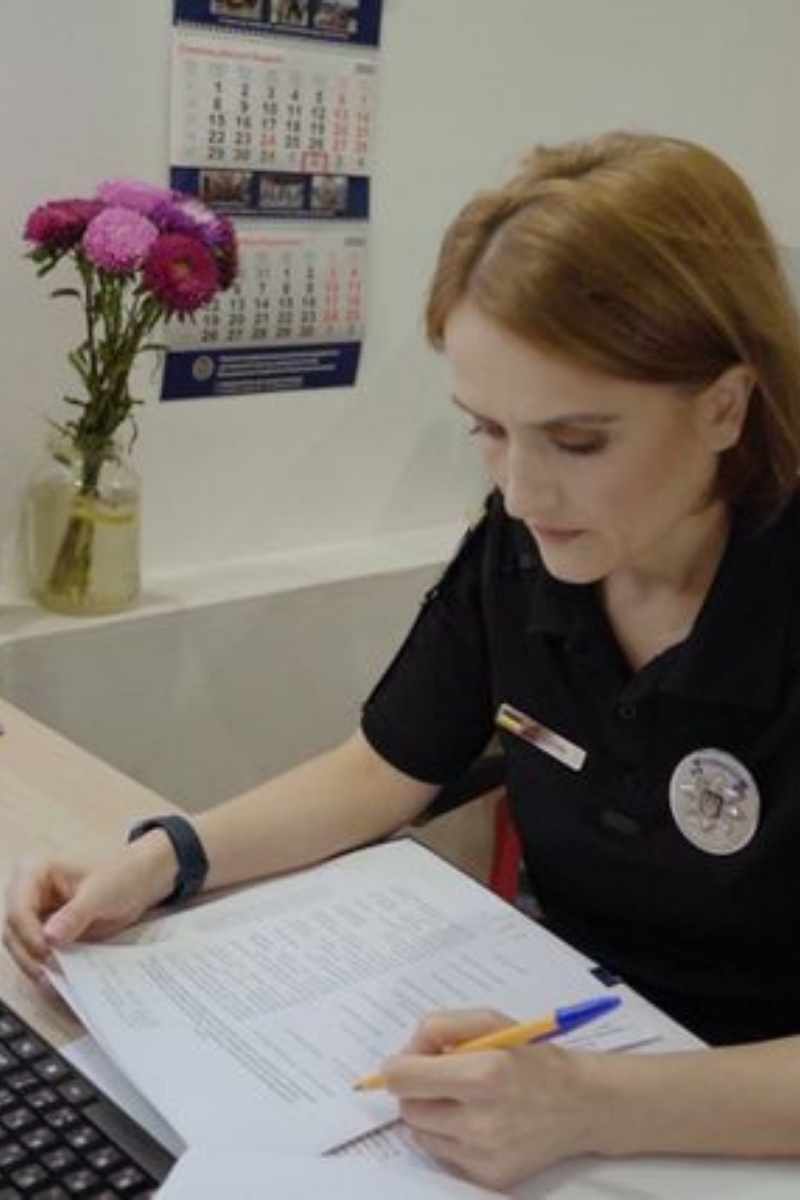Now she leads a department at the Human Rights Directorate at the National Police service in Ukraine. In this position, Zalialova deals with gender equality and countering domestic violence. To get her current position, Zalialova spent a long time preparing — she studied legislation in the field of human rights protection and international standards. She took all the online courses on human rights and domestic violence that she could find. She was finally chosen out of seven candidates.
“Before, when I worked as an investigator, I also had criminal cases of domestic violence. But back then, it was qualified as ‘bodily harm’, the article on ‘domestic violence’ did not exist,” Zalialova recalls.
Now, one of her tasks is to make sure that the police respond more effectively to cases of gender-based and domestic violence. They specifically teach police officers how to respond and try to convey this information to all law enforcement officers across all regions in Ukraine.



